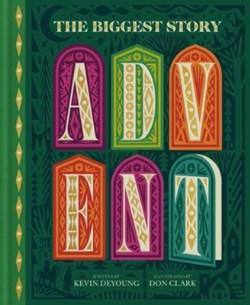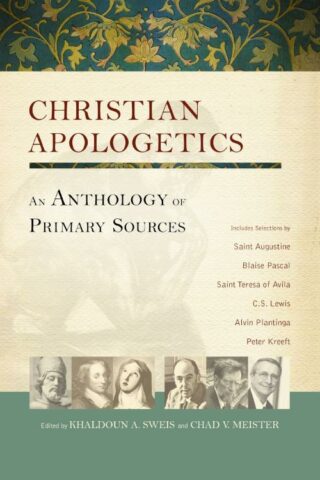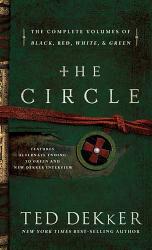Chad Meister
Showing the single result
-
Christian Apologetics : An Anthology Of Primary Sources
$49.99An authoritative reference for key persons, concepts, issues, and approaches in the history of Christian apologetics-allowing you to read the great apologists and thinkers in their own words and understand their arguments in historical and cultural context.
Christian Apologetics: An Anthology of Primary Sources makes available over fifty primary source selections that address various challenges to the Christian faith in the history of apologetics.The compilation represents a broad Christian spectrum, ranging from early writers like Saint Paul and Saint Augustine, to Saint Teresa of Avila and Blaise Pascal, to more recent apologists such as C. S. Lewis, Alvin Plantinga, William Lane Craig, Richard Swinburne and Pope Benedict XVI.
Insightful introductions, black-and-white images, concise section headings and discussion questions will guide you toward a clearer understanding of classical defenses of Christianity. Sources are organized thematically and include topics such as:
*Arguments for the existence of God.
*Defenses of the doctrine of the Trinity.
*Discussions on the authority and credibility of canonized Scripture.
*Questions regarding the problem of evil and free will.
*Discourses on Christianity and science.Annotated reading lists, a bibliography, and author and subject indices make this anthology a useful textbook or supplemental reader.
Add to cartin stock within 3-5 days of online purchase











